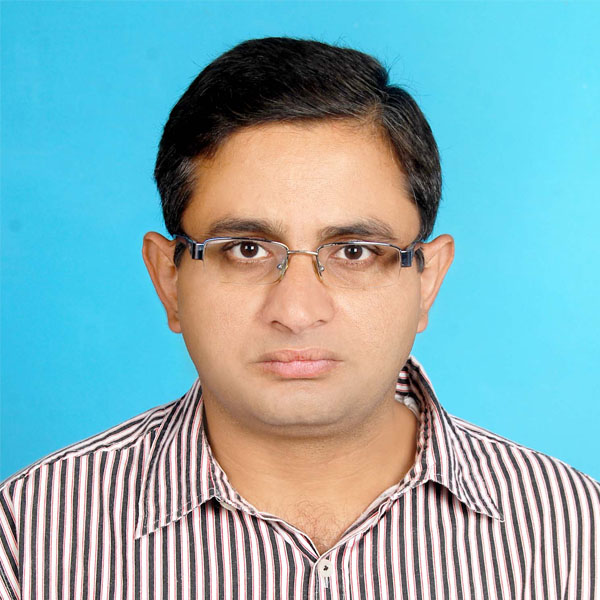
Neurophthalmology

Neuro-Ophthalmology is a super specialty that merges the fields of neurology and ophthalmology. Neuro-ophthalmologists are responsible for the diagnosis and management of complex systemic diseases of the nervous system that affect vision, eye movements and alignment, as well as pupillary reflexes.
When should you visit your Neuro-Ophthalmologist?
Your eye doctor will usually suggest you visit an expert in Neuro-Ophthalmology after a comprehensive eye examination, in case you need special care. Often, the symptoms that prompt such a referral include those associated with optic nerve disease or diseases of the visual pathway (the nervous system component that connects the eyes to the brain). Other reasons could be the diseases affecting the pupils of the eye, and certain kinds of squint (especially paralytic).
Common Symptoms that Require Attention
The typical symptoms that could signify a neuro-ophthalmological problem include:
- Sudden decrease or loss of vision
- Sudden transient loss of vision (called transient ischemic attack or eye stroke)
- Visual hallucinations
- Double vision or diplopia
- Intractable headaches
- Pupillary abnormalities (sluggish reaction, the difference in size of the pupils)
- Sudden onset of difficulties in identifying colors
- Inability to tolerate bright light
- Visual Field Defects
- Squint or strabismus (especially adult onset)
Types of Eye Diseases treated by a Neuro-Ophthalmologist
The common eye diseases that require attention from a neuro-ophthalmologist include:
Optic Neuritis
It is a condition which presents as a sudden onset loss or decrease in vision due to inflammation of the optic nerve. It can be due to an infection, or an autoimmune response. Optic neuritis is often associated with Multiple Sclerosis(MS).
Papilledema
Papilledema is characterized by the swelling of the optic nerve head (the part of the optic nerve which can directly be seen by your eye doctor during a retinal evaluation) due to increased pressure from inside the brain. It may be due to tumors, infections like meningitis, encephalitis, etc.
Toxic or Nutritional Optic Neuropathy
The optic nerve may be damaged due to toxic substances found in tobacco & alcohol. In fact, the optic nerve damage is often due to lack of nutrients and deficiency of vitamin B-complex and folic acid as well. These diseases also present as decreased vision.
Squint or Strabismus
A misalignment of the eye, especially when sudden in onset, and associated with double vision is often due to paralysis of one or more of the small muscles of the eye, and is called paralytic strabismus. The eye shows limitations of ocular movement as well.
Common Tests for Diagnosis and Management of Neuro-Ophthalmology Diseases
A comprehensive eye examination is always the mainstay of the disease diagnosis. In addition to this, your doctor will also advise one or more of these special tests to conclude to plan your treatment. These tests include:
- Orthoptic evaluation
- Evaluation of ocular movements
- Diplopia charting
- Neurological visual fields screening
- Optical coherence tomography of the optic nerve head
- Evaluation of contrast sensitivity and color vision
- Imaging studies including CT scan, MRI and MR venogram
- Lumbar puncture

Dr. Ashok Kumar Rana
Designation:- Topical Phaco Surgeon and Paediatric Ophthalmologist
Educational Qualification :- MBBS, MS, FCLC
Dr. Ashok Kumar Rana is a surgeon and academician par excellence. He has vast experience of over 100,000 successful eye surgeries after his post graduation(MS)in Ophthalmology in year 2005 after having completed his graduation from L.L.R.M., Meerut in 2000.
He is a life member of the Delhi Ophthalmological Society, American Society of Cataract and Refractive Surgery, UP State Ophthalmological Society, MP State Ophthalmological Society, Indian Medical Association. His professional training includes the training in Cataract Services at Moorefields Eye Hospital, London.
Address:
19F|52|1 Janta Colony, Shahganj, Agra, Uttar Pradesh-282010
Have questions?
Email us:
Working hours:
Monday – Saturday: 9:00AM to 7:00PM
Sunday: 9:00AM to 3:00PM
